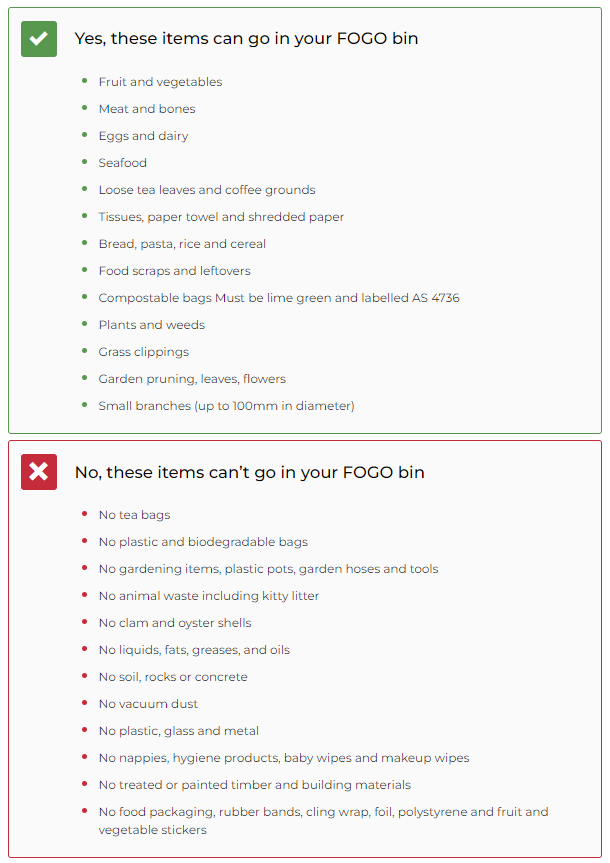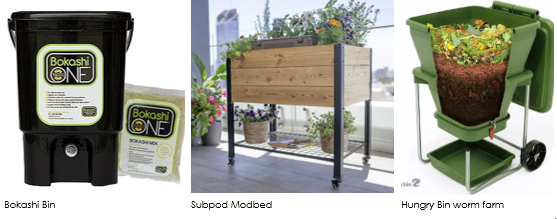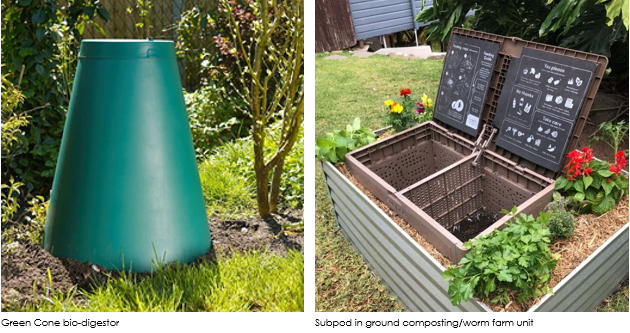Tips for minimising smells in Organic Food waste bins
- Keep the food organics bins in a shady spot or well ventilated bin store
- A mix of garden, food waste & paper/cardboard (such as shredded cereal boxes, toilet rolls) helps keep bin odours under control
- Sprinkle vinegar, baking soda, charcoal or eucalyptus oil in your organics bin to combat odours
- Purchase a Bin Kill tag that can be attached to the inside of your organics bin. The tag emits a vapour that kills flies and maggots. The product is available from Bunnings, Coles or Woolworths supermarkets.
- Double wrap meat, bones and unwanted pet food (with newspaper or paper towel) before placing in your caddy
- Wrap fish and seafood waste (in newspaper or paper towel) and place in your freezer until your next collection is due
- Line the organics bin with newspaper to aid cleaning
Composting in apartments or buildings without gardens
- Bokashi bins http://www.bokashi.com.au/ are an effective way of breaking down food waste and reducing waste volumes. They are ideal for reducing waste for apartment dwellers and use in buildings where there is no garden to locate a compost bin. Food scraps are placed in bokashi bins with an accelerator mix added. The volume of waste food is reduced, and the waste in the bin is already on the path to being composted. Bokashi bins can be emptied into compost bins. Community gardens in partnership with councils may accept the partly composted volume reduced waste from bokashi bins. Alternatively check out the ShareWaste network to find local residents who are happy to accept compostable food in their compost heaps. See www.ShareWaste.com or the app.
- Subpod’s Modbed inserts a Subpod onto a mobile garden bed suitable for composting and growing healthy plants in apartments.
- Hungry Bin worm farms are a proven worm farm system that have been used by many private and commercial organisations & businesses to process food waste. The number of bins can be scaled up and down depending on the volume of waste being generated on site. https://www.wormlovers.com.au
Composting where there is a garden– Private or Communal
- Aerobic green cone bio-digester designer compost is a landscape option for some households, including multi-unit developments to divert a larger range of food waste (including bread, dairy, meat and small bones). Refer to https://www.treehugger.com/lawn-garden/green-cone-solar-food-digester-will-reduce-90-food-waste-your-backyard.html for more info.
- Subpod in-ground composting/worm farm unit subpod/com that composts fast, and ensures worms don’t die off as they can often can in unshaded above-ground worm farms. These units can also be located in raised planters and act as seats in common areas. At capacity, 15L of food waste can be processed each month.



Community Partnerships & Government Initiatives
- Love a List Challenge – Sustainability Victoria provides information for households, schools and businesses alike to reduce food waste through their Love a List Challenge.
- Love Food Hate Waste (VIC ONLY) aims to raise awareness of avoidable food waste from Victorian households. The average family in Victoria loses over $2,000 a year from wasting food. And two thirds of it could have been eaten. https://www.sustainability.vic.gov.au/
- Love Food Hate Waste (NSW ONLY) aims to raise awareness of avoidable food waste from NSW families. The average household in NSW loses over $3,8000 a year from wasting food. Home | Love Food Hate Waste (nsw.gov.au)
- Community gardens in partnership with Council may accept food waste that can be composted and used to grow food. Speak to your local Council. Partially decomposed bokashi bin contents are ideal for composting in council or community garden facilities if available.
- Sharewaste network www.Sharewaste.com to find local residents who are happy to accept compostable food in their compost heaps. The website allows the parties to connect to donate food scraps. Residents or tenants / Food waste generators can register via the app
- Back to earth – For more information about where your food goes when collected by contractors and how you can use it, see https://backtoearth.vic.gov.au an education initiative by Councils.
- Compost Revolution https://compostrevolution.com.au provides up to a 80% discount on a number of composting bins and accessories. It also has a range of tutorials on how to compost. Co-designed with councils, the Compost Revolution is a multi-award-winning program that educates and equips residents to cut their waste in half through home composting and worm farming. This platform is the only all-in-one education, infrastructure logistics and marketing program of its kind streamlining the process so that councils achieve waste and emissions reduction targets while saving money


